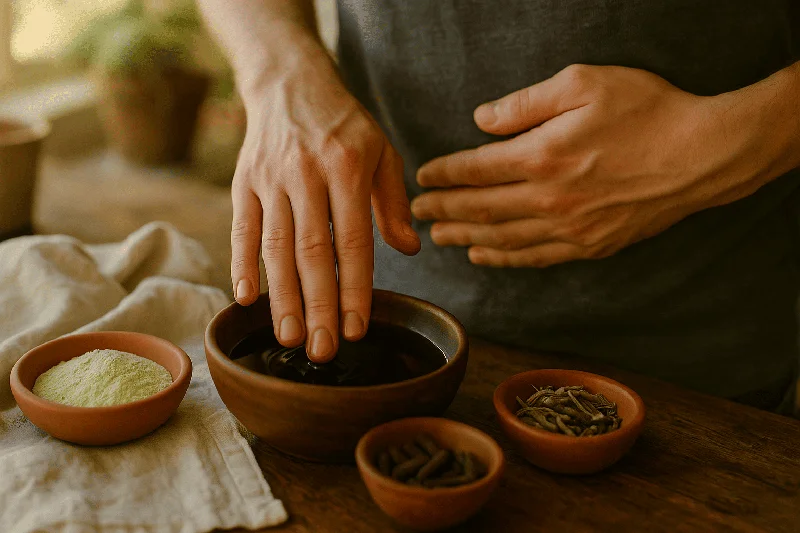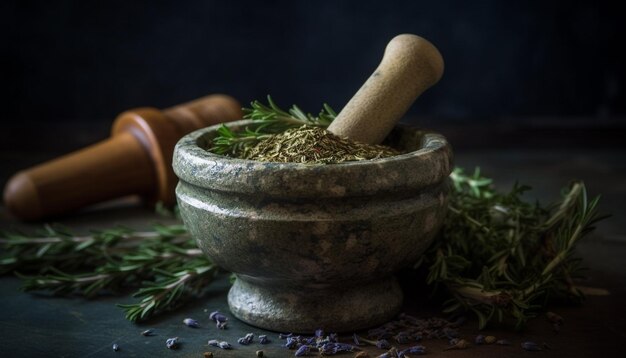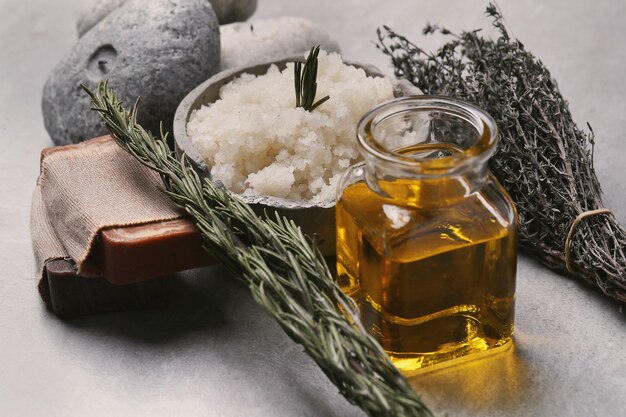Kasisadi Oil for Fissure – Ayurvedic Remedy for Anal Fissures and Pain Relief

Introduction to Kasisadi Oil for Fissure
Kasisadi Oil is an Ayurvedic formulation used extensively to treat anal fissures, a condition characterized by painful cracks or tears in the skin around the anus. Fissures can result from constipation, straining during bowel movements, or injury. Kasisadi Oil is known for its analgesic, anti-inflammatory, and healing properties, which make it an ideal remedy for alleviating the discomfort caused by fissures. Made from a combination of potent herbs, this oil works to reduce pain, inflammation, and promote tissue regeneration. Regular use of Kasisadi Oil can help in the healing of anal fissures while providing long-term relief from pain and discomfort.
Don't wait or self medicate. Start chat with Doctor NOW
Historical Roots & Ayurvedic Significance
In Ayurveda, the treatment of conditions like anal fissures has been approached with a focus on balancing the body’s doshas, particularly Vata and Pitta, which are often involved in causing dryness, inflammation, and pain in the affected area. Kasisadi Oil has been used for centuries to treat various ailments related to the digestive and excretory systems. Its primary use in treating fissures is attributed to its ability to reduce inflammation, promote healing, and soothe the affected tissues. The Ayurvedic formulation of Kasisadi Oil is rich in ingredients that are specifically designed to enhance circulation, repair skin tissue, and prevent further injury, making it a go-to remedy for fissures and other similar conditions.
Key Benefits and Uses of Kasisadi Oil for Fissure
1. Reduces Pain and Inflammation
One of the most immediate benefits of using Kasisadi Oil for fissures is its ability to reduce pain and inflammation in the affected area. The oil has natural analgesic properties that help numb the pain caused by fissures, making bowel movements less painful. It also reduces the swelling and redness around the fissure site, speeding up the healing process.
2. Promotes Healing of Fissures
Kasisadi Oil aids in the healing of anal fissures by stimulating tissue regeneration and improving blood circulation to the affected area. The ingredients in the oil, such as Kasis (Mercury Sulfide), are known to accelerate the repair of damaged skin and mucous membranes. This results in faster healing of the fissure, reducing the chances of recurrence.
3. Prevents Further Injury
Kasisadi Oil creates a protective barrier over the fissure, preventing further damage to the sensitive skin. It also moisturizes and lubricates the anal region, which can help prevent the skin from becoming dry and cracking again. This lubrication is especially helpful during bowel movements, reducing strain and minimizing the risk of new fissures forming.
4. Relieves Constipation
As constipation is often a major cause of anal fissures, Kasisadi Oil is often used in conjunction with dietary and lifestyle modifications to relieve constipation. The oil helps to soften stools, making bowel movements easier and less painful. By addressing the root cause of the fissures, Kasisadi Oil helps prevent the recurrence of the condition.
5. Anti-bacterial and Anti-inflammatory Properties
Kasisadi Oil is not only soothing but also has antimicrobial and anti-inflammatory properties. This helps prevent infections that may arise from the fissure, which can complicate healing. By reducing the chance of bacterial growth, Kasisadi Oil ensures that the fissure heals in a clean and infection-free environment.
How Kasisadi Oil Works for Fissures
Kasisadi Oil works by addressing both the symptoms and underlying causes of anal fissures. It soothes the pain and discomfort associated with the fissure while simultaneously promoting the healing of the damaged tissue. The oil penetrates deep into the skin, improving circulation and nourishing the tissues. It also reduces inflammation around the fissure, helping to relax the surrounding muscles and prevent further strain during bowel movements. By creating a protective barrier, Kasisadi Oil prevents further injury and allows the fissure to heal more effectively.
Recommended Dosage & How to Use Kasisadi Oil for Fissure
The recommended dosage and method of application for Kasisadi Oil can vary based on the severity of the condition and individual health needs. However, the general guidelines are:
-
Topical Application:
- Clean the affected area gently with warm water and mild soap.
- Apply a small amount of Kasisadi Oil to the affected area after drying. You can gently massage the oil into the skin to ensure proper absorption.
- For better results, apply the oil 2-3 times a day, especially after bowel movements, or as recommended by your Ayurvedic practitioner.
-
Internal Use (Optional):
- Kasisadi Oil may also be used internally in combination with other Ayurvedic formulations to help relieve constipation and promote better digestion. It is recommended to consult with an Ayurvedic doctor for personalized dosage instructions.
Potential Side Effects & Precautions
Kasisadi Oil is generally safe when used as directed. However, there are a few precautions to keep in mind:
- Allergic Reactions: Some individuals may experience allergic reactions to specific ingredients in the oil. It is advisable to perform a patch test before applying the oil to a larger area.
- Pregnancy and Nursing: Pregnant or breastfeeding women should consult their healthcare provider before using Kasisadi Oil.
- Internal Use: Kasisadi Oil should only be used internally under the guidance of a qualified Ayurvedic practitioner.
- Overuse: While the oil is effective, excessive application may lead to skin irritation. Always follow the recommended dosage and frequency.
Frequently Asked Questions For Kasisadi Oil for Fissure
What is Kasisadi Oil used for?
Kasisadi Oil is used to treat anal fissures by reducing pain, inflammation, and promoting healing of the damaged skin. It also helps prevent further injury and reduces the risk of recurrence.
How does Kasisadi Oil help in healing fissures?
Kasisadi Oil promotes healing by improving blood circulation to the affected area, stimulating tissue regeneration, and providing a protective layer over the fissure. It also reduces inflammation and pain, helping the body repair the damage.
How should Kasisadi Oil be applied for fissures?
Apply a small amount of Kasisadi Oil to the affected area 2-3 times a day, especially after bowel movements. Gently massage it into the skin to ensure proper absorption and healing.
Can Kasisadi Oil be used for all types of fissures?
Yes, Kasisadi Oil can be used for both external and internal anal fissures. However, it is important to consult with an Ayurvedic practitioner if you have internal fissures or if the condition is severe.
Are there any side effects of using Kasisadi Oil?
Kasisadi Oil is generally safe, but some individuals may experience mild skin irritation or allergic reactions. Always perform a patch test before applying the oil to larger areas of the body.
How long does it take to see results from Kasisadi Oil?
With consistent use, most individuals notice relief from pain and discomfort within a few days to a week. Complete healing may take 2-4 weeks, depending on the severity of the fissure.
Can Kasisadi Oil be used with other treatments for fissures?
Yes, Kasisadi Oil can be used alongside other Ayurvedic treatments for fissures, such as herbal supplements or dietary modifications. However, it is advisable to consult an Ayurvedic practitioner to ensure compatibility.
Conclusion & Expert Insights
Kasisadi Oil is a powerful Ayurvedic remedy for treating anal fissures, offering relief from pain, inflammation, and promoting healing. With its natural healing properties, it addresses both the symptoms and root causes of fissures, ensuring long-lasting results. For best results, consult an Ayurvedic practitioner for personalized dosage and treatment plans, and maintain a healthy diet and lifestyle to support healing.
References & Further Reading
- Sharma, P.V. (1995). Ayurvedic Healing: A Comprehensive Guide.
- Lad, V. (2002). Ayurveda: The Science of Self-Healing.
- National Institute of Ayurveda:
Got any more questions?
Ask Ayurvedic doctor a question and get a consultation online on the problem of your concern in a free or paid mode.
More than 2,000 experienced doctors work and wait for your questions on our site and help users to solve their health problems every day.



